About DENIS@home
More than 17 million people die each year of cardiovascular diseases (CVDs). That represents 31% of all global deaths, making these diseases the leading cause of death worldwide. Can you help us investigate it?
By join DENIS@home you will donate the iddle times of your computer to develop and simulate mathematical models that investigate the heart. You only need to download and run a free program on your computer.
Electrophysiological models are a powerful tool to study the electrical activity of cardiac cells under normal or pathological conditions. These models can also help predict the effects of drugs in the heart. These models are complex and it's neccessary to simulate them many times (varying the conditions or model parameters). For this reason, researchers in this field usually require high computational power. We have created DENIS@home as a simulation infrastructure to help researchers. Will you help us?
The five pilars of DENIS@home are:
- Distributed computing
- Electrophysiological models
- Networking collaboration
- In silico research
- Sharing knowledge
Distributed computing
DENIS uses volunteer devices to compute large amounts of cardiac electrophysiological simulations. DENIS uses the idle time on your computer (Windows , Linux or Mac) to simulate the electrical activity of the heart.
DENIS works over the Berkeley Open Infrastructure for Network Computing (BOINC). BOINC is an open source middleware system developed at the University of Berkeley.
To become a volunteer see how to join.
Electrophysiological models
DENIS has been created to help researchers to compute very large groups of cardiac electrophysiological model variations.
Cardiac electrophysiological models are mathematical representations of the electrical activity of the cardiac cells.
Models used in DENIS are described using the CellML language to facilitate other researchers to include their models in DENIS.
CellML is an open standard based on the XML markup language. CellML is being developed by the Auckland Bioengineering Institute at the University of Auckland and afiliated research groups.
Networking collaboration
DENIS connects volunteers with researchers to help them in their projects. No matter where you are. No matter where the project is. We want to connect you.
We don't only want to connect resarchers and volunteers. We also want to connect researchers and help them to collaborate. We are currently working on it. Stay tuned, we will keep you informed.
In silico research
We could have asked you to use your heart, but we believe it is easier for you to give as your computer for a while.
In Silico simulations of the electrical activity of the heart have become an indispensable technique to increase our knowledge of the heart behaviour under normal or pathological conditions.
DENIS wants to be a powerful tool for those all that make research in cardiology.
Sharing knowledge
DENIS works because the volunteers share their computational capacity with us. For this reason, all the researchers that use DENIS must share their results and all the people must be able to know what is running in its computer:
- All the results obtained using DENIS must be published.
- All the models used in DENIS must be shared once the project has finished.
- All the programs developed for the DENIS project are under the Apache License V2. All the programs are in our Bitbucket repository.



